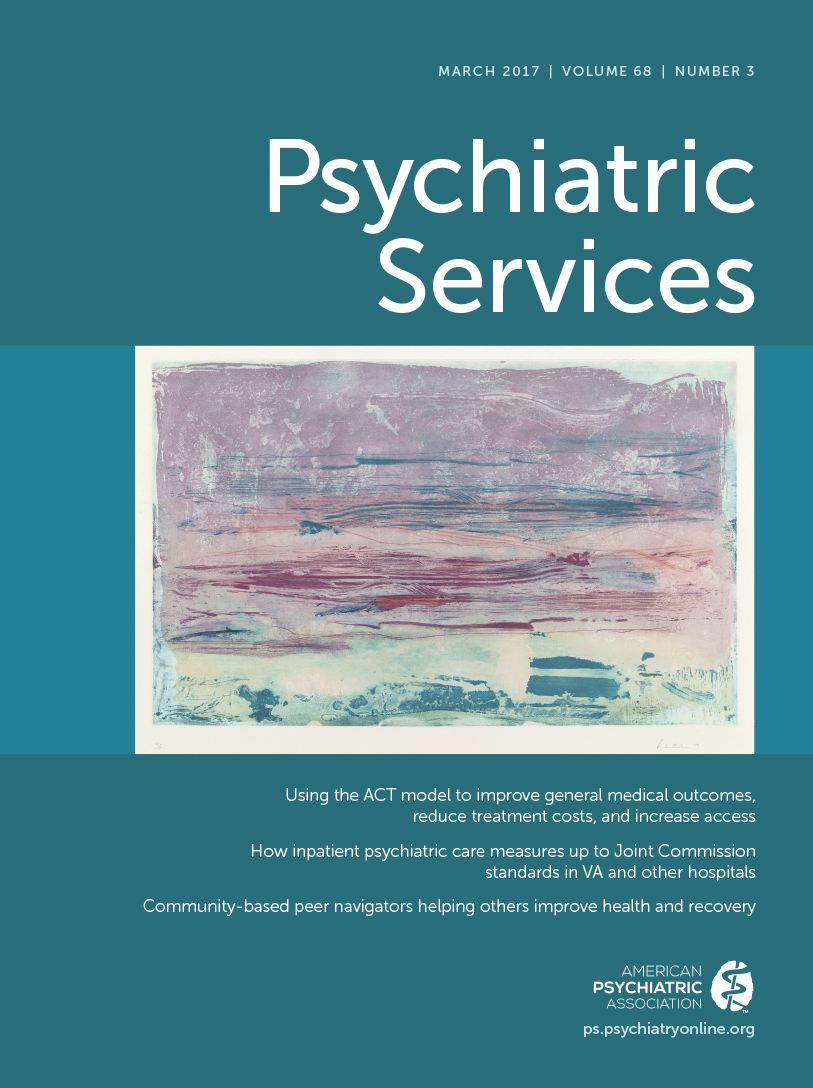A Prospective Study of Racial and Ethnic Variation in VA Psychotherapy Services for PTSD
Abstract
Objectives:
To determine whether there are racial or ethnic disparities in receipt of U.S. Department of Veterans Affairs (VA) psychotherapy services for veterans with posttraumatic stress disorder (PTSD), the authors examined the odds of receipt of any psychotherapy and of individual psychotherapy among self-identified racial and ethnic groups for six months after individuals were diagnosed as having PTSD.
Methods:
Data were from a national prospective cohort study of 6,884 veterans with PTSD. Patients with no mental health care in the prior year were surveyed immediately following receipt of a PTSD diagnosis. VA databases were used to determine mental health service use. Analyses controlled for treatment need, access to services, and treatment beliefs.
Results:
Among veterans with PTSD initially seen in VA mental health treatment settings, Latino veterans were less likely than white veterans to receive any psychotherapy, after the analyses controlled for treatment need, access, and beliefs. Among those initially seen in mental health settings who received some psychotherapy services, Latinos, African Americans, and Asian/Pacific Islanders were less likely than white veterans to receive any individual therapy. These racial-ethnic differences in psychotherapy receipt were due to factors occurring between VA health care networks as well as factors occurring within networks. Drivers of disparities differed across racial and ethnic groups.
Conclusions:
Inequity in psychotherapy services for some veterans from racial and ethnic minority groups with PTSD were due to factors operating both within and between health care networks.



